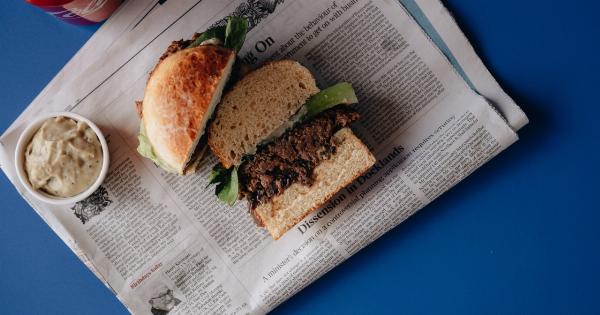When it comes to optimizing your diet, there are many factors to consider. From counting macros to meal planning, there are countless techniques that people use to achieve their fitness goals.
One often-overlooked aspect of nutrition, however, is calorie timing. In this article, we’ll explore what calorie timing is, why it’s important, and how you can incorporate it into your diet.
What is Calorie Timing?
Simply put, calorie timing is the practice of timing your meals and snacks in a way that maximizes the benefits of the calories you consume.
This means that you are not only paying attention to the number of calories you consume, but also the timing of those calories.
There are several different approaches to calorie timing. Some people prefer to eat smaller, more frequent meals throughout the day, while others prefer to eat larger, more substantial meals at specific times.
Additionally, some people find that timing their meals around their workouts can help to maximize their performance and recovery.
Why is Calorie Timing Important?
There are several reasons why calorie timing is an important aspect of nutrition. First and foremost, it can help to regulate your metabolism and keep your energy levels steady throughout the day.
By eating at regular intervals, you can prevent swings in blood sugar levels that can lead to cravings, fatigue, and other negative effects.
Additionally, timing your meals around your workouts can help to maximize your performance and recovery.
For example, eating a meal or snack that is high in protein and carbohydrates before a workout can provide your body with the fuel it needs to perform at its best. And consuming a meal that is high in protein and low in carbs after your workout can help to rebuild and repair your muscles.
How to Incorporate Calorie Timing into Your Diet
Now that you understand the importance of calorie timing, you may be wondering how to incorporate it into your diet. Here are a few tips:.
1. Determine your caloric needs
The first step in optimizing your diet is to determine how many calories you need each day. There are several online calculators that can help you estimate your daily calorie needs based on your gender, age, height, weight, and activity level.
2. Divide your calories evenly throughout the day
Once you know how many calories you need, you can divide them evenly throughout the day. This can mean eating three larger meals and two snacks, or six smaller meals throughout the day.
The key is to find a schedule that works for you and that you can stick to over the long term.
3. Time your meals around your workouts
If you exercise regularly, you may want to time your meals around your workouts. Eating a meal or snack that is high in protein and carbohydrates before your workout can help to fuel your body and improve your performance.
And consuming a meal that is high in protein and low in carbs after your workout can help to rebuild and repair your muscles.
4. Listen to your body
At the end of the day, the most important thing is to listen to your body. If you find that you’re not hungry in the morning, for example, you may want to skip breakfast and eat a larger lunch instead.
Or if you find that you need a snack in the afternoon to keep your energy levels up, you may want to adjust your meal timing accordingly.
5. Experiment and adjust
Finally, it’s important to remember that everyone is different. What works for one person may not work for another. So don’t be afraid to experiment and adjust your meal timing until you find a schedule that works for you.
Conclusion
Calorie timing is an important aspect of nutrition that is often overlooked.
By timing your meals and snacks in a way that maximizes the benefits of the calories you consume, you can regulate your metabolism, keep your energy levels steady, and even improve your performance and recovery. So if you’re looking to optimize your diet, be sure to consider the timing of your calories as well as the number.




























